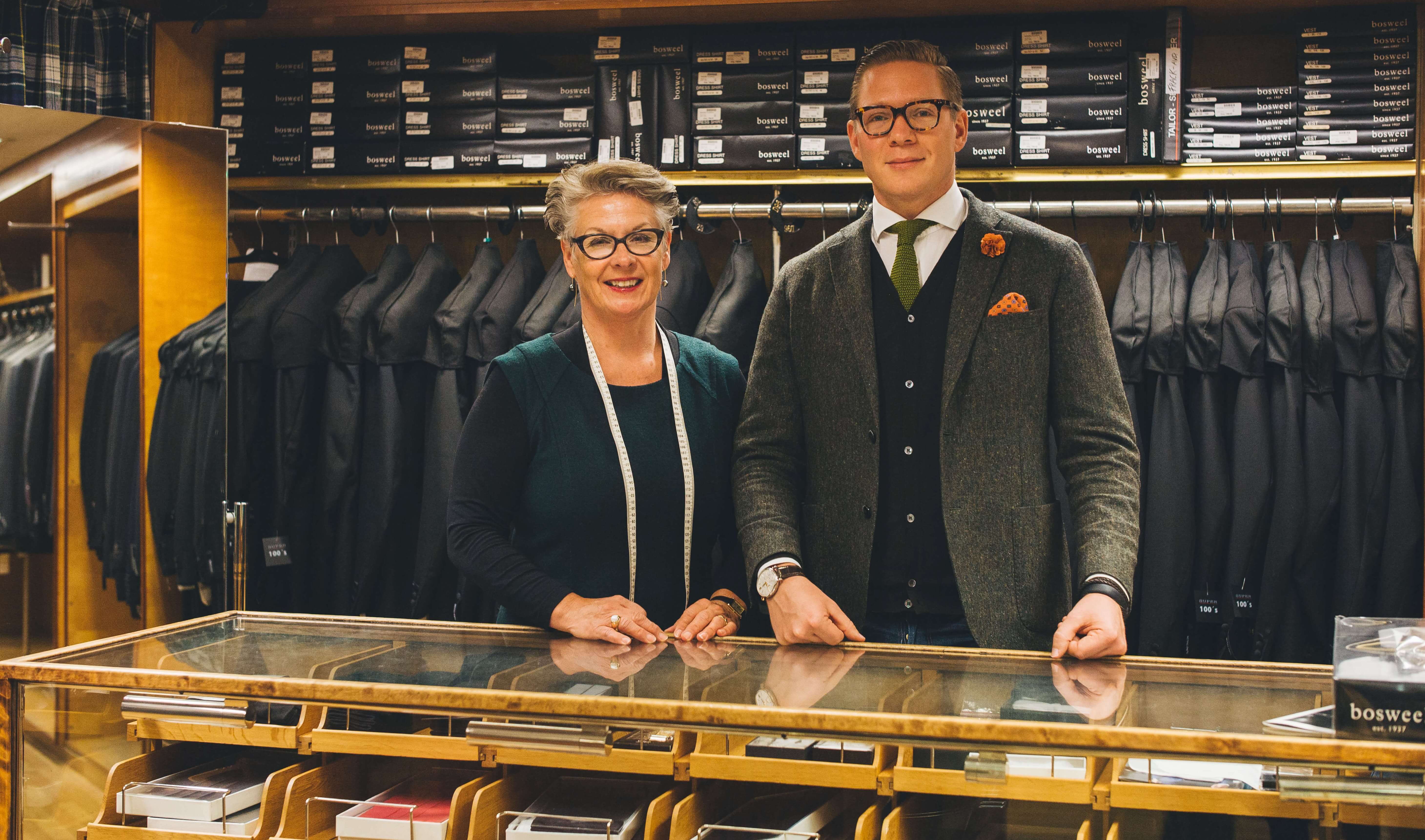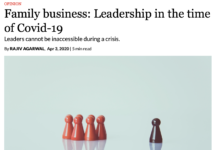Technology fascinates Anders Sörman-Nilsson, a global futurist, speaker and author of three books on the topic of digitisation and innovation. He believes in a seamlessly integrated future – one where even the most humane elements of the human experience are transformed by technology.
As an innovation strategist, the Swedish-Australian consultant regularly advises some of the world’s most well-known corporate brands. He also operates a strategic think tank, Thinque, which encourages organisations to improve their ability to anticipate change, apply cutting-edge intellectual tools and decode the latest digital trends.
Sörman-Nilsson’s work builds a dialogue between past, present and future. As a fourth-generation family business member, he is uniquely versed in the subject.
He defines his interest in futurism as abreaction to growing up in a traditional family business with completely analogue processes.
His 2017 book, SEAMLESS: A Hero’s Journey of Digital Disruption, Adaptation and Human Transformation, is an allegorical tale of his battle/collaboration with his mother, Birgitta, to bring his family’s business into the digital world for the first time.
Tharawat Magazine had the opportunity to sit down with Anders Sörman-Nilsson to discuss digital transformation in the family business, omnichannel marketing and whether or not tradition and technological innovations are indeed antithetical.
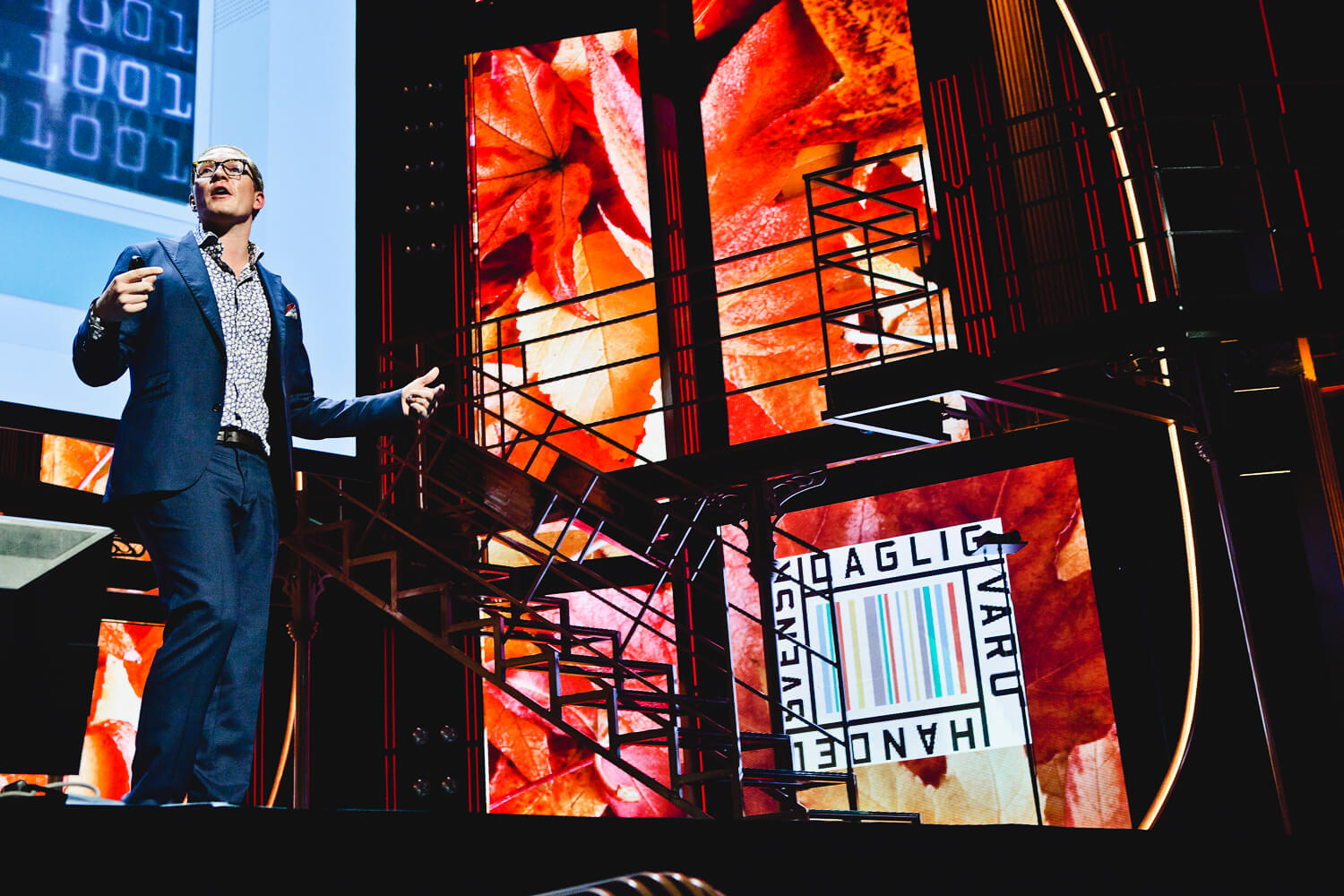
How did your journey in family business and futurism begin?
I grew up in a family business environment. My Mum is the third-generation owner-operator of Georg Sörman, the eponymous menswear retailer in Stockholm founded by my great-grandfather in 1916. It’s one of Stockholm’s oldest suppliers of fine menswear – the award-winning vintage neon sign still bears my great-grandfather’s name.
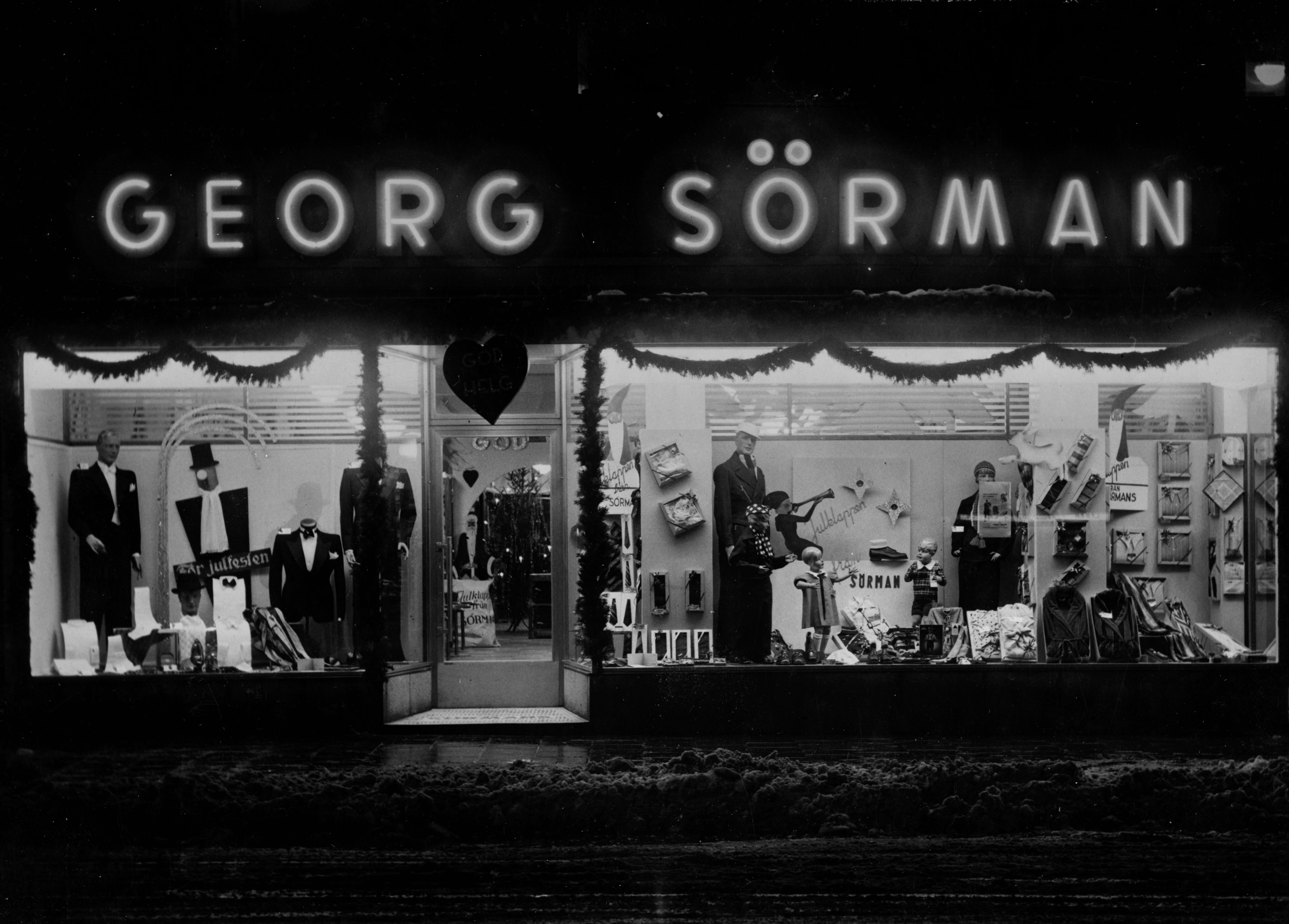
Your book, SEAMLESS, is a parable of the struggle to digitise your family business from the tween years of the new millennium. What was the most significant challenge in making this transition?
I noticed the trend towards e-commerce, the product of a demographic and technology-led consumer change, and saw how it was impacting our industry. My Mum was struggling to keep up, and the business was in decline. Despite the stark reality of the situation, however, she was unwilling to adapt. Overcoming her inhibitions was an immense challenge. The disconnect I saw between what needed to happen and what she was willing to do served as the impetus for writing my book, which focuses on Mum’s 12-step hero’s journey through digital disruption.
In some ways, my fascination with futurism is a reaction to the way my toughest client – my mother – often disregards my advice because of her averseness to change. Luckily, I get to impact futurephile brands all over the world. Sometimes it can be hard to be a prophet in your own home town, as the saying goes!
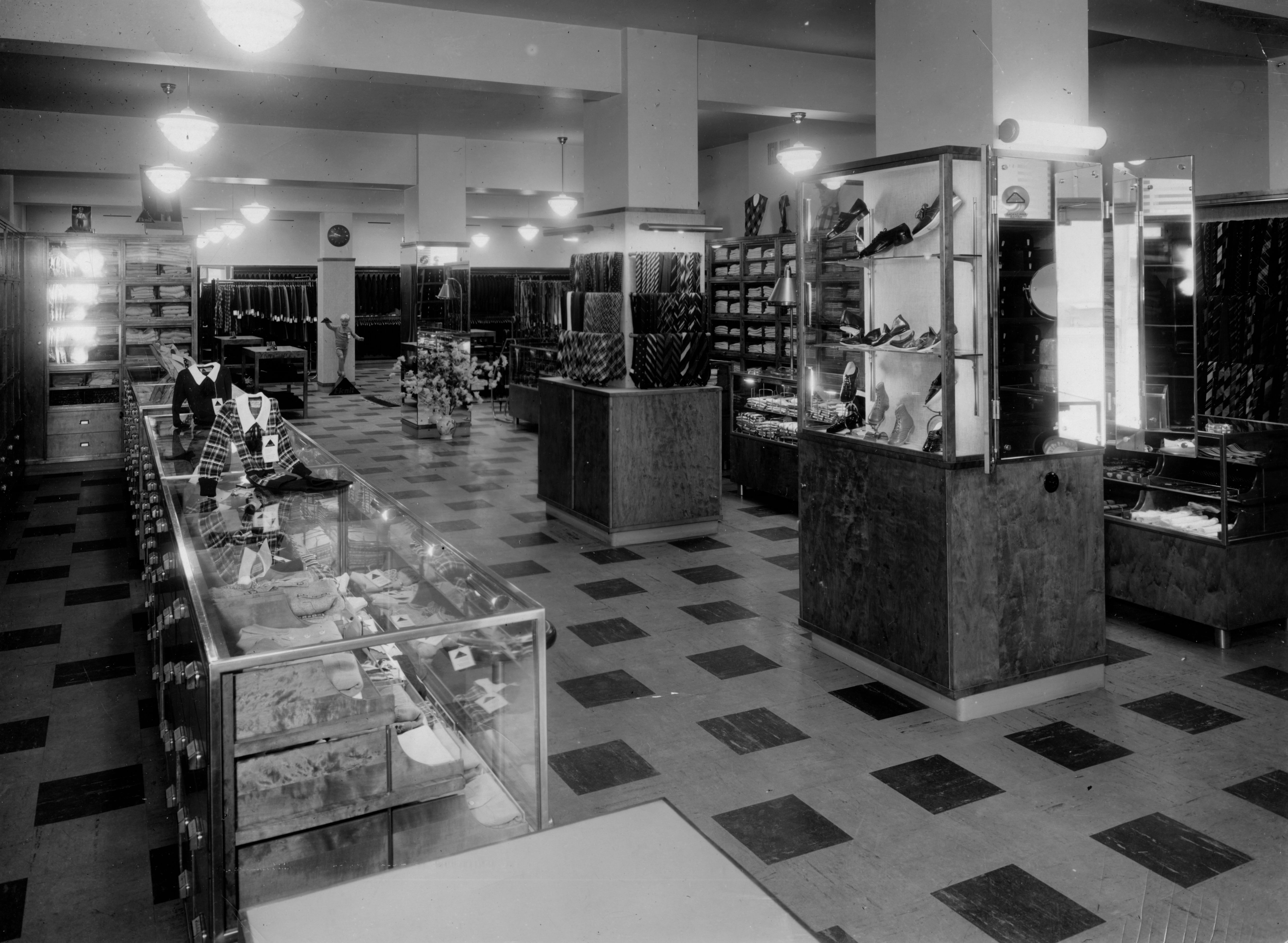

What causes this reticence when it comes to the integration of transformative digital technologies?
I’ll start by noting that with technology, the current rate of change is faster than ever before and, because of its exponential acceleration, it will never be this slow again. In other words, the trend is only intensifying. There is no choice but to invest in the digital future. The longer family businesses wait, the more likely they are to fail and to have to desperately ‘bet the farm’.
Marketing in the digital age depends on a successful social media strategy, which necessitates the consistent production of high-quality content and achieving brand visibility in some way or another. Traditionalists often view this practice as narcissistic and are hesitant to put themselves out there. Modern consumers, however, are perfectly comfortable talking about themselves and expect their favourite brands to do the same. Modern marketing requires a 21st-century ego, which can also, from a family business perspective, be construed as pride in your heritage.
Marketing in the digital age depends on a successful social media strategy, which necessitates the consistent production of high-quality content and achieving brand visibility in some way or another.
The fundamental drivers that informed our parents’ and grandparents’ business practice aren’t necessarily relevant anymore. As Millennials and Gen Ys, we’ve grown up in an environment where we know a lot more about today’s and tomorrow’s enabling tools of business, and friction exists between these differing perspectives.
For the most part, my Mum learned by doing what her father did before her and, by extension, what his father did before him. They apprenticed under the previous generation for several decades until, eventually, they were handed the keys to the business. That’s no longer the case. With industry boundaries disappearing, the outside perspectives of the next generation leaders contain exponential value. The irony is that enabling digital tools to ensure your survival can also be the means of destruction if you don’t use them.
What accounts for the popular conviction that pits tradition against innovation in a family business?
There is the fear that digitisation is dehumanising us, for example, thinking that only when your physical store has a neon sign above the door with your name on it can it be a bricks-and-mortar extension of the self. This kind of traditional thinking is not applicable to business in the digital age. Your sense of identity will always be connected to your business and vice versa, but in a digital world, those connections might be intangible and abstract, yet at the same time globally scalable.
Also, face-to-face interactions are still emphasised in a family business context. There is a tendency to dismiss digital experiences as unimportant when, in truth, they are deeply human, empathetic and practical solutions for solving customer problems.
It is misguided to assume that humans are always better. Seamlessly integrated experiences set higher expectations among customers. When technology is designed correctly, it can inspire more or at least as much confidence and loyalty as paperwork or a smiling human face.
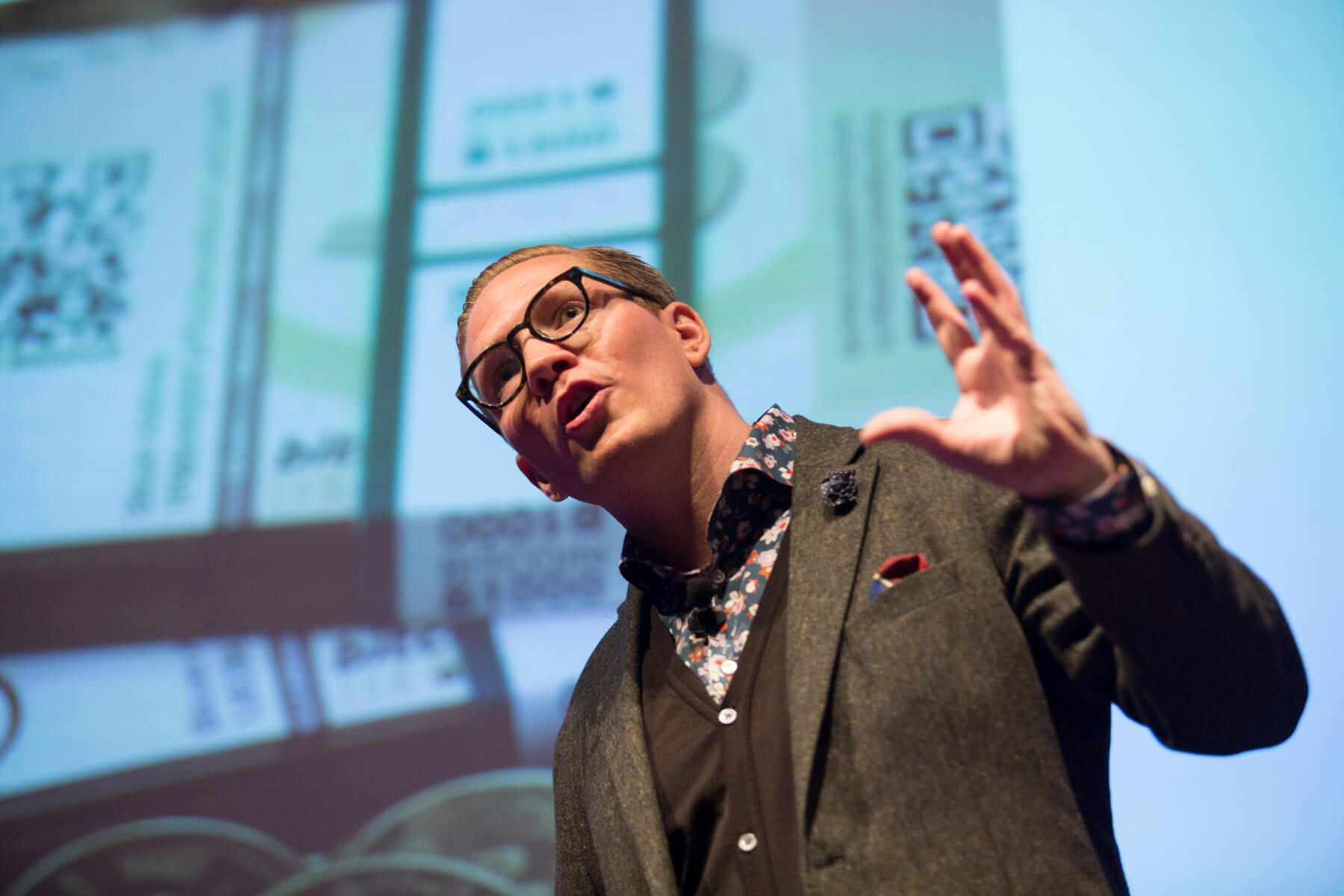
[ms-protect-content id=”4069,4129″]
How do you encourage family businesses to accept big data insights generated via omnichannel marketing and platforms that analyse internal digital processes?
We’re living in a data scientific world; we can no longer rely solely on intuition, tradition or culture.
In this area, there exists a fundamental contradiction which is worth pointing out. Some family businesses claim superior customer-centricity but don’t gather any data on their consumers’ preferences or behaviours. Claiming to be customer-centric while not being data-centric is not compatible.
For example, take my mother, Birgitta, in our menswear shop: Georg Sörman. When she talks to her customers, she’s gathering data and personal stories but only for herself. It’s nearly impossible for her to scale or share these empathetic insights with her staff so that they could use it too and scale it to benefit the organisation.
If you’re only connecting with people using the analogue method, you’re at a distinct disadvantage. If someone needs to return an item of clothing or exchange it, for example, is it really empathetic to force them into the subway system or down an icy Swedish street to get to the physical store? Instead, a digitised Customer Relationship Manager can organise the return by courier. Data-centric solutions are potentially more intuitive and humane where the customer’s needs are concerned.
We’re living in a data scientific world; we can no longer rely solely on intuition, tradition or culture.
What advantages exist when it comes to family business branding in a digitally transformed marketplace?
Some family-run heritage brands like Barbour in the UK or the Swiss brand Victorinox have beautiful stories that can be repurposed in a digital format.
For example, we can take the story of how somebody’s life was saved with their Swiss Army knife and amplify it in a way that wasn’t possible 20 or 30 years ago. In a digitised future, these opportunities will help brands scale globally and provide family businesses with hope for the future.
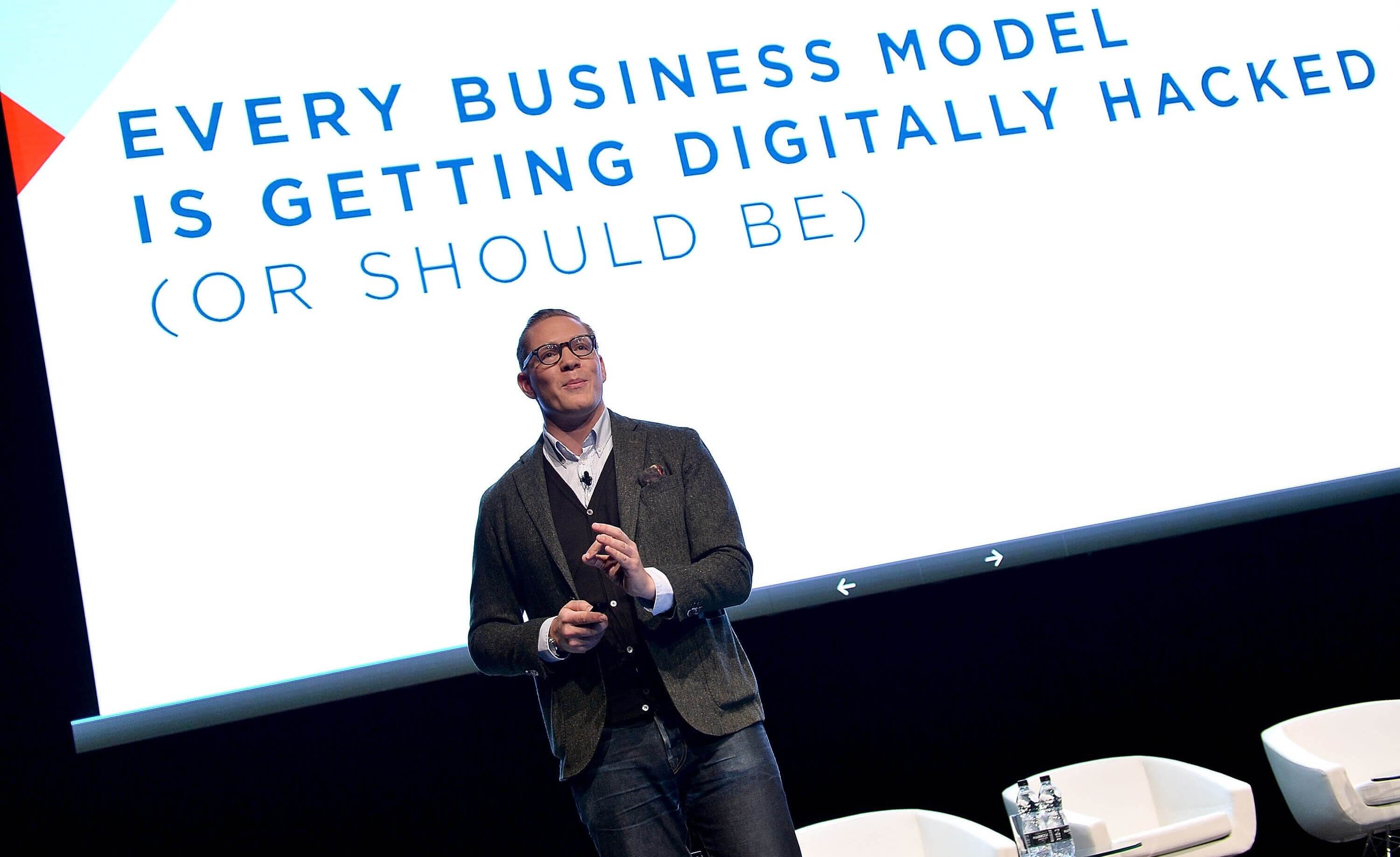
Finally, what excites you the most in the field of omnichannel marketing at the moment?
I’m fascinated by a future where customer service is predictive, intuitive and integrated seamlessly into technology. Customers don’t care about channels and don’t think in those terms – they just want a coherent, omnipresent brand experience.
Today’s customers don’t have the patience for experiences that create friction. Every channel needs to interact with its corollaries. While some brands exceed at this, many family businesses lag behind because of their resistance to new technology.
Despite this, I still believe that family business branding and marketing can become increasingly human by using technology and not the other way around. It’s only by looking backwards that we risk redundancy and put our legacies in jeopardy. Being nostalgic is not the same thing as being strategic.
[/ms-protect-content]


